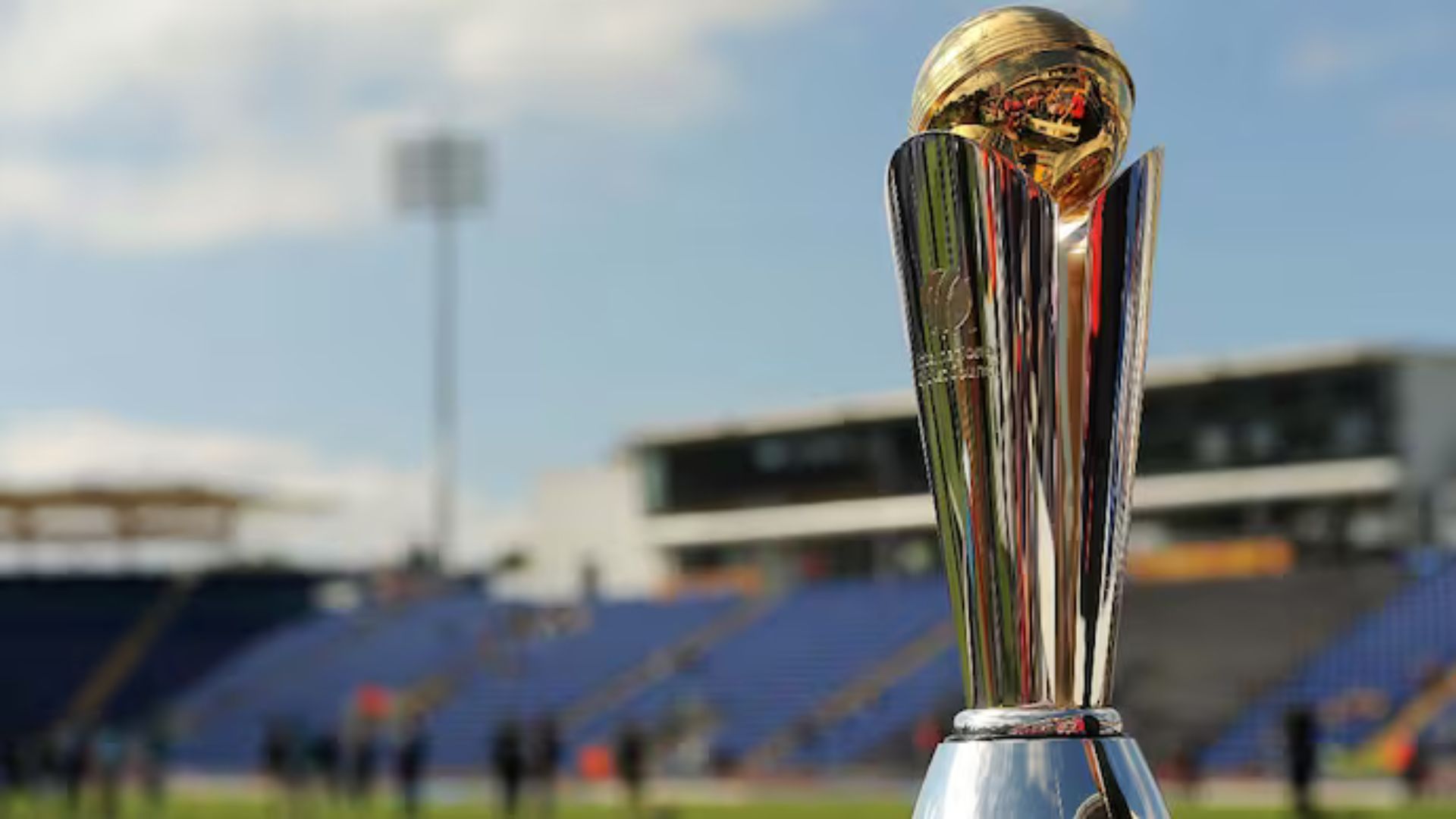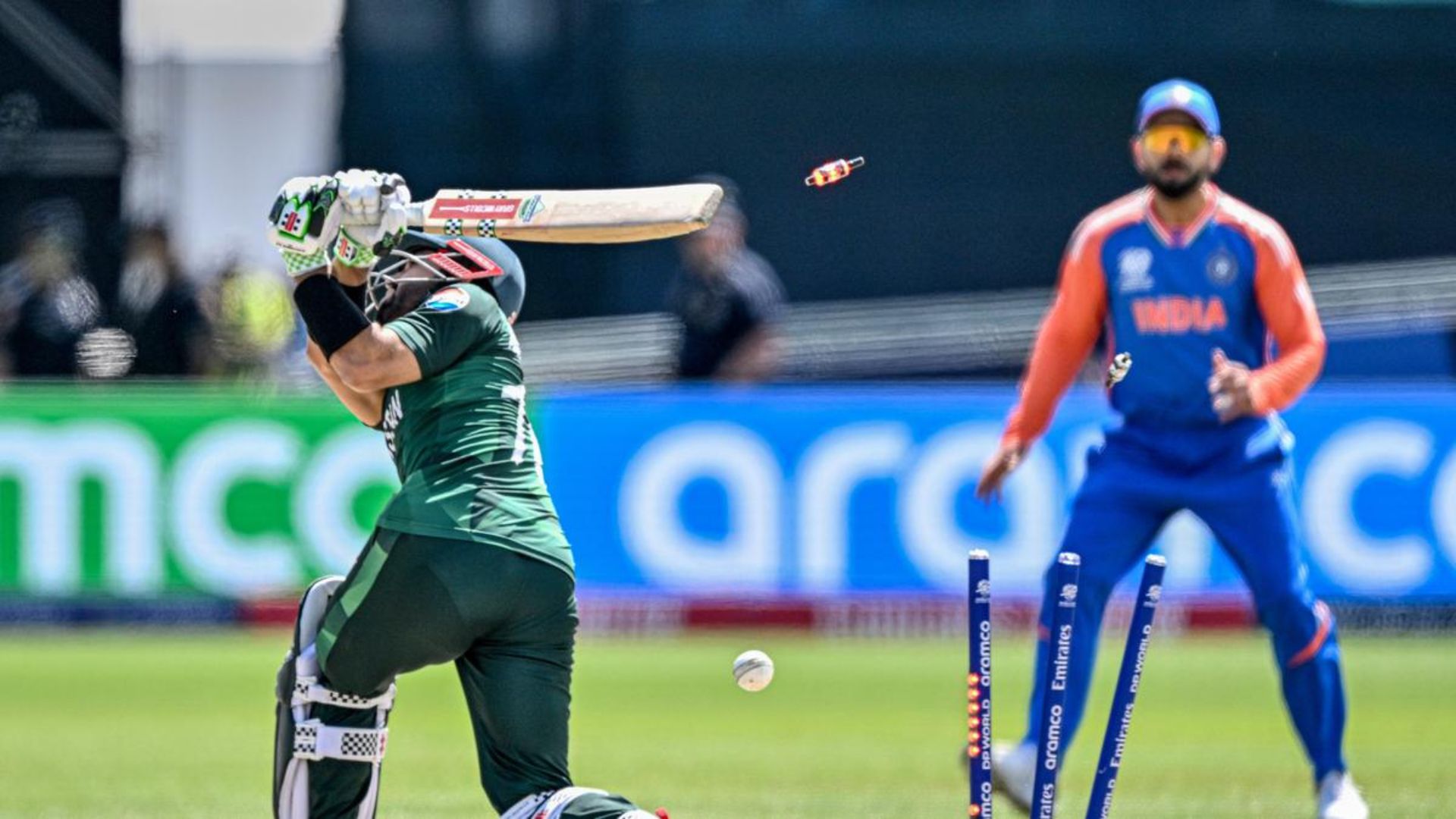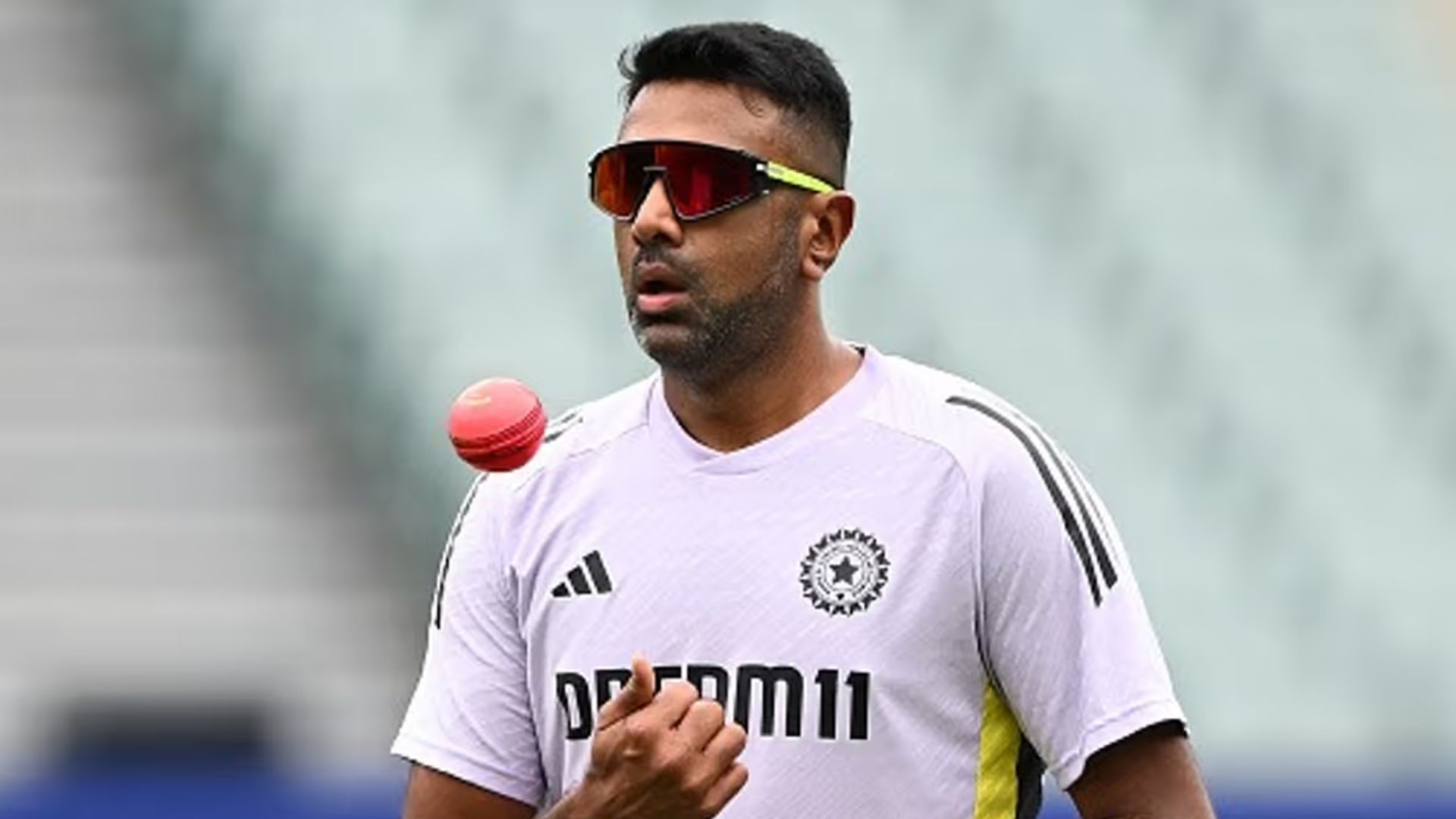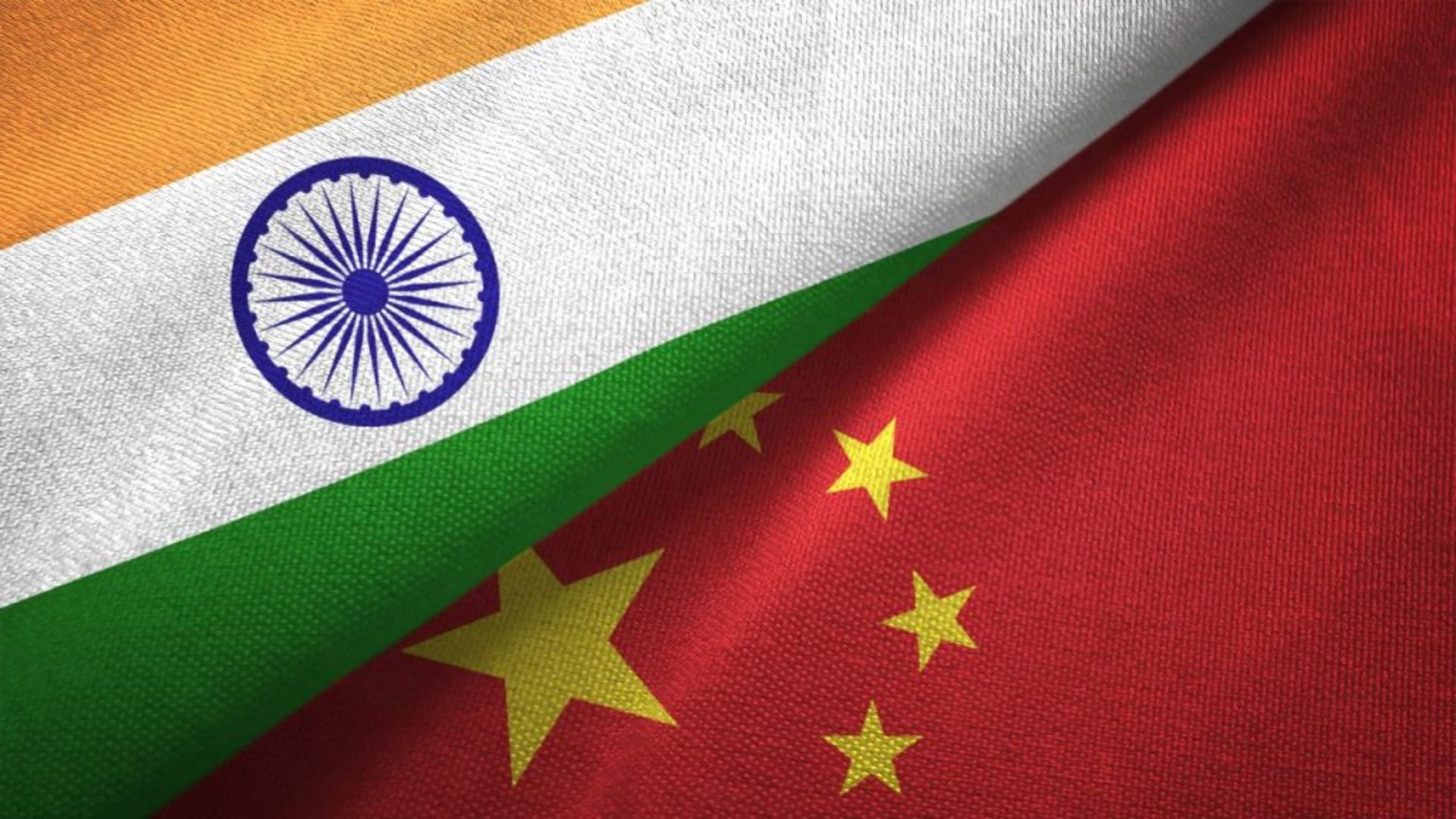In March 2021, The Guardian revealed that Premier League clubs had spent a combined 272 million pounds on agents’ fees over the previous 12 months, with Chelsea being the highest spenders at 35.2 million pounds and West Brom being the lowest at 4.2 million. Gillingham was the only club in the top four divisions of English football that did not pay anything. Interestingly, this represented an increase on the year before despite top-flight clubs making huge losses in the pandemic and with transfer spending decreasing by 10.6% between 2019 and 2020.
Why Are Football Agents So Powerful?
To understand why football agents profit so handsomely from the beautiful game, we must first establish what exactly it is they do and take a look at how they become so powerful. The exact responsibilities they hold vary from agent to agent and can include giving guidance on lifestyles and finances, helping secure commercial deals for their clients, and representing them in contract and transfer negotiations. They often get a five to 10% cut of earnings agreed upon in said negotiations. FIFA allows agents or intermediaries as they’re also known, to charge commission rates as high as this as opposed to the NFL and NBA for example only allowing them to charge 3% and 4% respectively. It, therefore, explains what the biggest intermediaries working in football earn more than their American counterparts.
The Rise of the Super Agent
It is this aspect of an agent’s job, negotiating transfers and wages which has put them increasingly under the spotlight over the last 20 years. Acting as a middleman between the player, the selling club, and buying club, and sometimes even working for all three parties in tandem, agents can potentially bag millions in commission for their work in brokering a deal. With the likes of Mendes and Raiola labelled as “super agents” due to the empires they have built, the concept of a “super agent” is still a relatively new one. Agents have existed in some form throughout the history of the game as far back as the late 1800s and the advent of professional football. They were hired by clubs to perform a scouting-style role seeking out talent as the transfer markets began to emerge. By the end of the 1950s, they were also working for footballers with the long-standing salary cap that existed within English football forcing players to seek their representation.
Balancing Revenue and Integrity
As the world of football continues to evolve, so too does the world of online sports betting. With the rise of technology and the internet, it has never been easier for fans to place a bet on their favourite teams and players. Platforms like the Melbet app, 20bet app, and 1win app, allow users to place bets on a wide range of sports and events, including football matches. This presents a new revenue stream for the football industry, with clubs and leagues partnering with online betting companies to promote their products. However, it also raises concerns about the potential negative impact of gambling on the sport and the role of agents in this growing market.
Many football agents have been known also to represent players in commercial deals with betting companies, making a commission on the player’s involvement. This creates a potential conflict of interest, as the agent may be more inclined to push for a transfer to a club that has a partnership with a betting company they represent, rather than what is best for the player’s career.
It is important for the football industry to closely monitor the relationship between agents and online sports betting to ensure that all parties act in the sport’s best interest. Strong regulations and transparency are needed to prevent any exploitative practices from occurring.
This online sports betting industry is growing and it’s essential to be aware of the implications it could have on the sport, as well as the potential for agents to profit from this new revenue stream. Platforms like the Melbet app, 20bet app, and 1win app, are examples of this new trend in the market. It’s crucial to ensure that the integrity of the sport is maintained and that all parties are acting in the best interest of the game.
Conclusion
The figures reveal that the power that football agents hold in the game is continuing to grow, with their profits increasing even as those in other areas of the industry plummet. With FIFA allowing agents to charge commission rates as high as 10%, it explains why the biggest intermediaries working in football earn more than their American counterparts.
With the rise of the Super Agent, the exploitation of the transfer market is undeniable and the question is, how to balance the agents’ power and the clubs’ interest?













